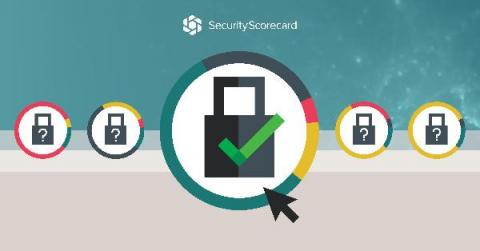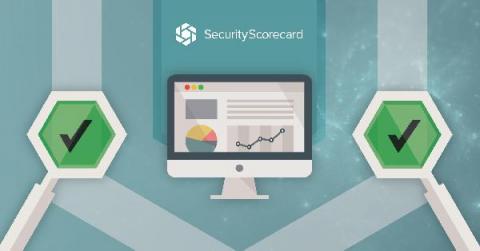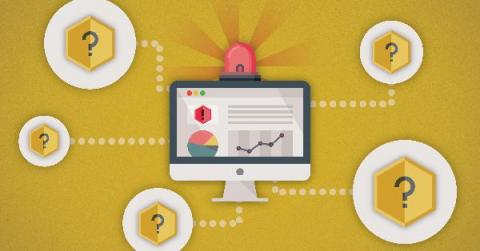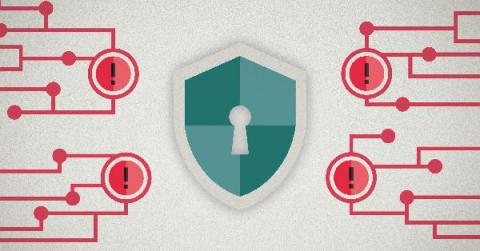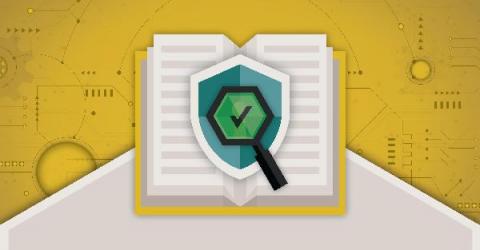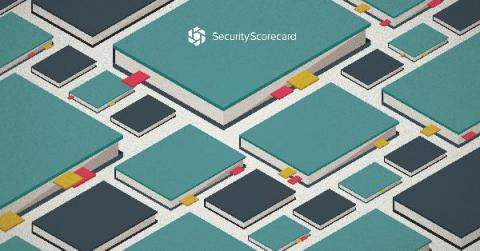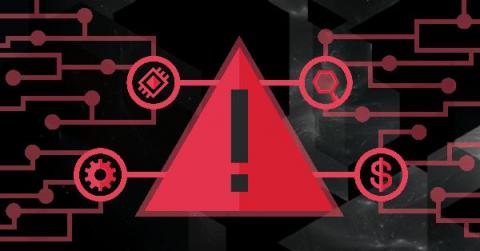Security | Threat Detection | Cyberattacks | DevSecOps | Compliance
SecurityScorecard
What is IoT Security? 6 Ways to Protect Your Devices
The Internet of Things (IoT) is a growing concern for today’s digitally-focused businesses. Every connected device you own can add another security concern to your list. If it collects and stores personal information and data, you’ve just added another attractive target for criminals to access your network. In fact, 57% of IoT devices are vulnerable to medium or high-severity attacks.
Compliance vs Risk Management: What You Need to Know
According to a study conducted by Ropes & Gray, 57% of senior-level executives rate “risk and compliance” as the top two categories they feel the least prepared to address. There are a lot of misconceptions about compliance and risk management. Both help to prevent security threats to the organization’s legal structure and physical assets. And often, when people hear the terms compliance and risk management, they assume the two are the same.
What is Shadow IT? And How to Manage It
Everything connected to your network poses a security risk. Every application on every device poses a threat to that device which then increases your security risk profile. Ultimately, organizations need visibility into all users, applications, and devices on their networks. Whether arising from employees using personal devices or downloading applications to corporate devices, shadow IT is becoming a bigger problem for organizations.
'The Perfect Scorecard' Focuses on Communication Between CISOs and the Board
In most companies today, there is a critical divide between the Chief of Information Security (CISO) and their board of directors. Our new book, The Perfect Scorecard: Getting an ‘A’ in Cybersecurity from your Board of Directors , is an attempt to close that gap. The Perfect Scorecard features insights from 17 leading CISOs and executives known for their leadership skills and their ability to communicate across roles and sectors.
What is a SOC 2 Report and Why Is It Important
A Service Organization Controls (SOC) report provides independent validation over a company’s internal financial reporting controls. They were originally used to validate compliance with the Sarbanes-Oxley Act of 2002. When the SEC released the “ Commission Statement and Guidance on Public Company Cybersecurity Disclosures ,” SOC reports started to include cybersecurity. Understanding what a SOC Type 2 report is can give insight into why it is important to your organization.
10 Best Practices to Prevent DDoS Attacks
2020 was the year of the DDoS attack. Distributed Denial of Service (DDoS) attacks spiked over the last year, driven by the pandemic and the fact that so many people were locked down, working from home, and using online services to get through the pandemic. According to a report from NETSCOUT, more than 10 million DDoS attacks were launched last year, targeting many of the remote and essential services people were using to make it through the lockdown.
6 Examples of Essential Cybersecurity Policies for Businesses
Every year, more than 34 percent of organizations worldwide are affected by insider threats. For that reason, cybersecurity needs to be a priority and concern for each employee within an organization, not only the upper-level management team and IT professionals. Employees tend to be the weakest link in an organization’s security posture, often clicking on malicious links and attachments unintentionally, sharing passwords, or neglecting to encrypt sensitive files.
What is HECVAT and Why is it Important?
Higher education has increasingly been attracting the attention of cybercriminals. In March, the FBI released an advisory in response to a barrage of ransomware attacks on schools, and Inside Higher Education recently reported that colleges and universities are becoming favorite victims of bad actors. It's not just colleges themselves that are being targeted; their vendors and third parties are being attacked in the hopes of compromising an institution’s data.
7 Internet of Things Threats and Risks to Be Aware of
The internet of things (IoT) is a highly developed space that is home to a vast amount of sensitive data, making it a very attractive target for cybercriminals. Threats and risks continue to evolve as hackers come up with new ways to breach unsecured systems -- posing a threat to the ecosystem itself. Let’s take a look at the leading threats and risks to the IoT and the associated vulnerabilities that must be secured.



